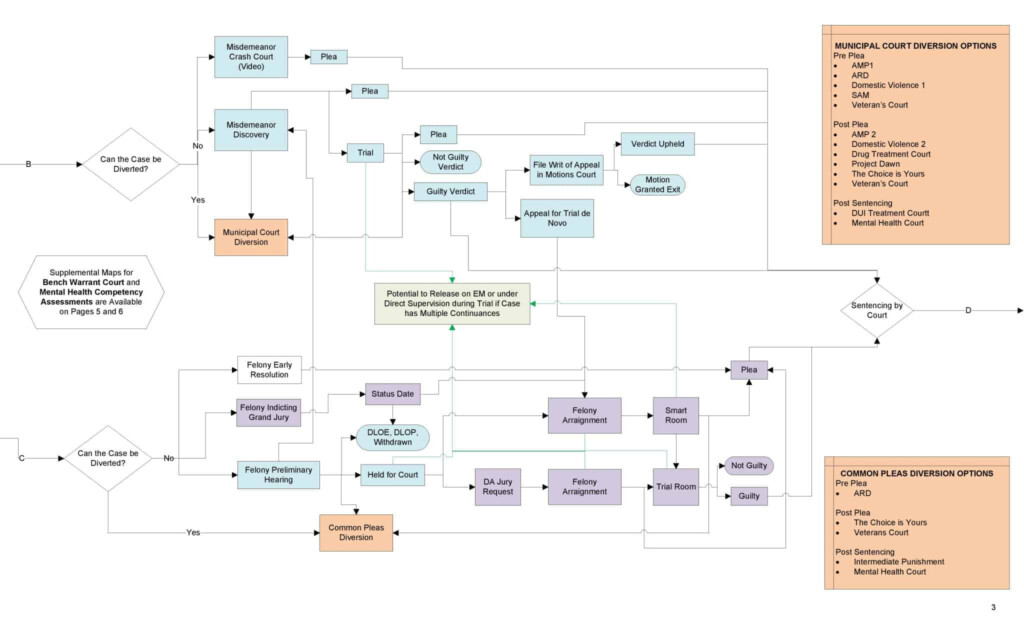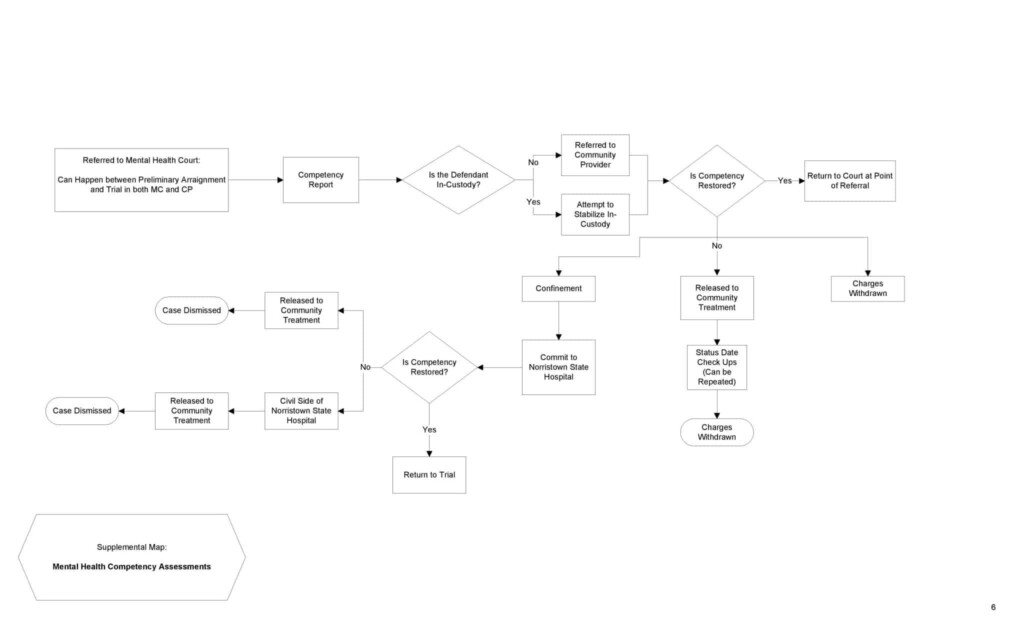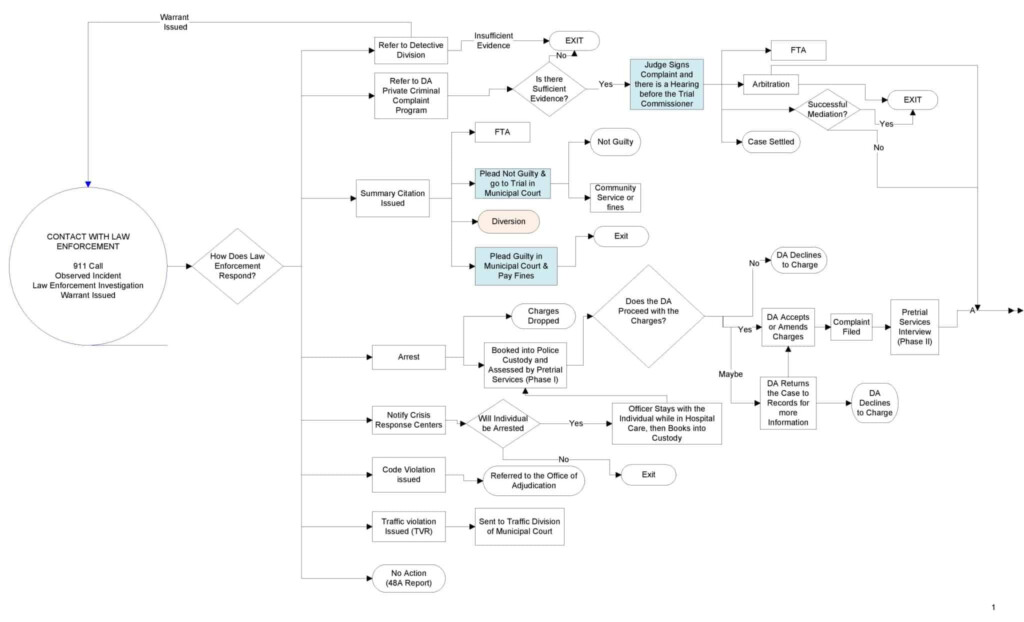Philadelphia Criminal Court Calendar Ujs – When you or somebody you understand is involved in a criminal instance, understanding the criminal court schedule is necessary. It’s like a roadmap, laying out the essential action in the legal process and aiding everybody entailed recognize when to be in court. Whether you’re a defendant, a attorney, or simply interested regarding exactly how the system functions, this guide will certainly damage all of it down in basic, easy-to-understand terms. Philadelphia Criminal Court Calendar Ujs.
What Is a Offender Court Calendar?
Allow’s start with the fundamentals. A criminal court schedule is basically a timetable that details all the criminal cases set to be listened to in a particular court. Think about it like a huge calendar or schedule, where every case has its very own port. Each hearing or test has a details date, time, and area.
Yet who handles this calendar? Normally, it’s the obligation of the court’s clerk to preserve and upgrade it. They ensure that situations move along smoothly through the system. The schedule consists of everything from small offenses to major felonies, so every instance obtains the interest it should have.
Key Components of a Wrongdoer Court Calendar
Now that you recognize what it is, let’s dive into what you’ll find on a criminal court calendar.
- Kinds of Cases: You’ll see a selection of criminal charges, from petty burglary to much more significant offenses like attack or burglary. Misdemeanor instances tend to be shorter, while felonies usually require several court appearances.
- Crucial Days: Each case has vital milestones, such as accusation (the initial court appearance), pre-trial hearings, and inevitably the test or plea bargain. Understanding these days assists every person engaged plan for what’s coming.
Understanding these elements assists accuseds, lawyers, and even family members stay informed and prepared.
How Are Court Dates Identified?
Wondering how the court makes a decision when to arrange your hearing? It’s not arbitrary. The process of setting court days relies on numerous elements, consisting of the severity of the infraction, court schedule, and the timetables of the district attorney, defense lawyer, and court.
As an example, an arraignment (where the defendant is officially charged) is generally scheduled within a couple of days to a few weeks after the arrest. Pre-trial hearings and the actual test day may take longer to organize, as every person requires to collaborate their schedules.
A court usually plays a considerable role in figuring out when the test will certainly happen, commonly after discussing availability with both the protection and prosecution.
Sorts Of Offender Court Hearings
Not all court hearings are the same, and the criminal court schedule is filled with different types of sessions. Right here are the most common ones you’ll come across:
Accusation Hearings
This is the accused’s opening night in court. At the accusation, they will certainly be formally charged, and they will either plead guilty, innocent, or no contest. A future court date will also be arranged throughout this hearing.
Pre-Trial Conferences
Prior to a case goes to test, there are usually pre-trial seminars. These are meetings in between the attorneys and the judge to review the case’s progression and any possible appeal deals.
Activity Hearings
Lawyers frequently file movements (requests for a judge to decide) throughout a case. Activity hearings are where those demands are gone over. As an example, a defense lawyer could file a movement to suppress certain proof.
Tests and Sentencing
If a situation mosts likely to test, it will certainly be set up on the court calendar, typically as the final step. After the trial, if the defendant is condemned, a sentencing hearing is scheduled to identify their punishment.
What Takes place If You Miss a Court Date?
Missing out on a court day can be a big deal, and it’s not something to ignore. The effects can be severe, including:
- Bench Warrant: The court might provide a bench warrant for your apprehension.
- Penalties and Penalties: Stopping working to show up can lead to additional penalties or penalties.
- Effect on Your Case: Missing out on a day might make you look unreliable in the eyes of the court, which could affect your situation’s outcome.
If you understand you can not make it to your scheduled hearing, contact your lawyer quickly. They may have the ability to ask for a new date or reschedule it for you.
How to Gain Access To a Lawbreaker Court Schedule
In today’s electronic age, accessing the court schedule has never been easier. You can:
- Online Resources: Many courts have online sites where you can look up your instance and see the arranged dates.
- Court house Brows through: You can constantly check out the court house personally and check with the staff’s workplace.
- Lawful Counsel: Your attorney ought to have all your court dates and will certainly maintain you informed as your instance proceeds.
Why the Crook Court Schedule Is Important for Defendants
For a offender, staying on top of the criminal court schedule is vital. Missing out on also one key date can hinder your situation and lead to even more problem than you bargained for. And also, recognizing when your next hearing is enables you to prepare better– whether that indicates celebration evidence, talking with witnesses, or strategizing with your attorney.
Think of the court calendar as your personal timeline. It aids you recognize the process and remain ahead of what’s coming next.
Tips for Navigating the Bad Guy Court Schedule
Here are some fast suggestions to assist you browse the system:
- Keep Organized: Maintain a physical or electronic copy of all your court days. You do not desire anything sliding with the fractures.
- Job Carefully with Your Lawyer: Your legal representative is your best source for recognizing the court calendar and guaranteeing you never ever miss out on an essential date.
- Establish Suggestions: Use your phone or various other devices to establish suggestions for each and every court appearance. This will maintain you on course and prompt.
Verdict
The criminal court calendar might appear overwhelming in the beginning, yet understanding it is vital. It acts as the foundation of the legal process, assisting each case from start to finish. By staying organized, dealing with your attorney, and monitoring essential days, you can navigate the system with self-confidence.
FAQs
- How can I check my court date?
- You can examine your court date by checking out the court’s web site, utilizing an on-line portal, or speaking to the staff’s office directly.
- What takes place if my court day is postponed?
- If your court date is delayed, the court will certainly alert you or your attorney. See to it you upgrade your calendar to show the brand-new date.
- Can I alter my court date?
- In some cases, yes. You’ll need to request a rescheduling with your attorney or straight to the court, yet it’s up to the court to authorize it.
- What does ” schedule call” indicate in criminal court?
- A calendar call is when the court evaluates all the instances arranged for a details day to make sure every little thing prepares to continue as intended.
- How do I recognize if I’m required to attend a details hearing?
- Your lawyer will certainly notify you which hearings are required for your presence. Most pre-trial hearings might not need your visibility, but tests and accusations usually do.


